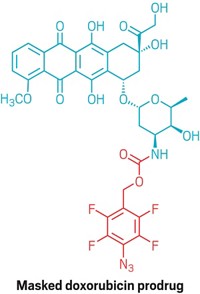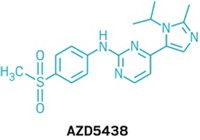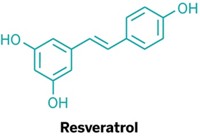Advertisement
Grab your lab coat. Let's get started
Welcome!
Welcome!
Create an account below to get 6 C&EN articles per month, receive newsletters and more - all free.
It seems this is your first time logging in online. Please enter the following information to continue.
As an ACS member you automatically get access to this site. All we need is few more details to create your reading experience.
Not you? Sign in with a different account.
Not you? Sign in with a different account.
ERROR 1
ERROR 1
ERROR 2
ERROR 2
ERROR 2
ERROR 2
ERROR 2
Password and Confirm password must match.
If you have an ACS member number, please enter it here so we can link this account to your membership. (optional)
ERROR 2
ACS values your privacy. By submitting your information, you are gaining access to C&EN and subscribing to our weekly newsletter. We use the information you provide to make your reading experience better, and we will never sell your data to third party members.
Biological Chemistry
Ginseng Compound Curbs Chemo Effects
by Lauren K. Wolf
August 22, 2011
| A version of this story appeared in
Volume 89, Issue 34
Ginseng, long used as a home remedy for its perceived medicinal benefits, has inspired a drug candidate to protect patients from the side effects of chemotherapy (Proc. Natl. Acad. Sci. USA, DOI: 10.1073/pnas.1111332108). Samuel J. Danishefsky and John Hartung of Columbia University and coworkers synthesized analogs of the diacetylene compound panaxytriol found in the roots of the Asian Panax ginseng plant and determined that one analog in particular (shown) significantly alleviates the weight loss and nerve damage associated with cancer treatments. Panaxytriol has mild activity against tumors by itself, but in the study the researchers administered the analogs at subtherapeutic doses along with cancer drugs at therapeutic doses. They showed that, after two rounds of treatment with the chemotherapy drug Taxol, mice with tumors lost less body weight and had less nerve damage when dosed with the leading panaxytriol analog. Many cancer drug treatments have to be curtailed because of the nerve damage they cause, Danishefsky says, so it could be of great benefit that this analog is neuroprotective. The analog, when coadministered with cancer drug 5-fluorouracil, also boosted blood cell count in mice with tumors, suggesting increased immune function.





Join the conversation
Contact the reporter
Submit a Letter to the Editor for publication
Engage with us on Twitter